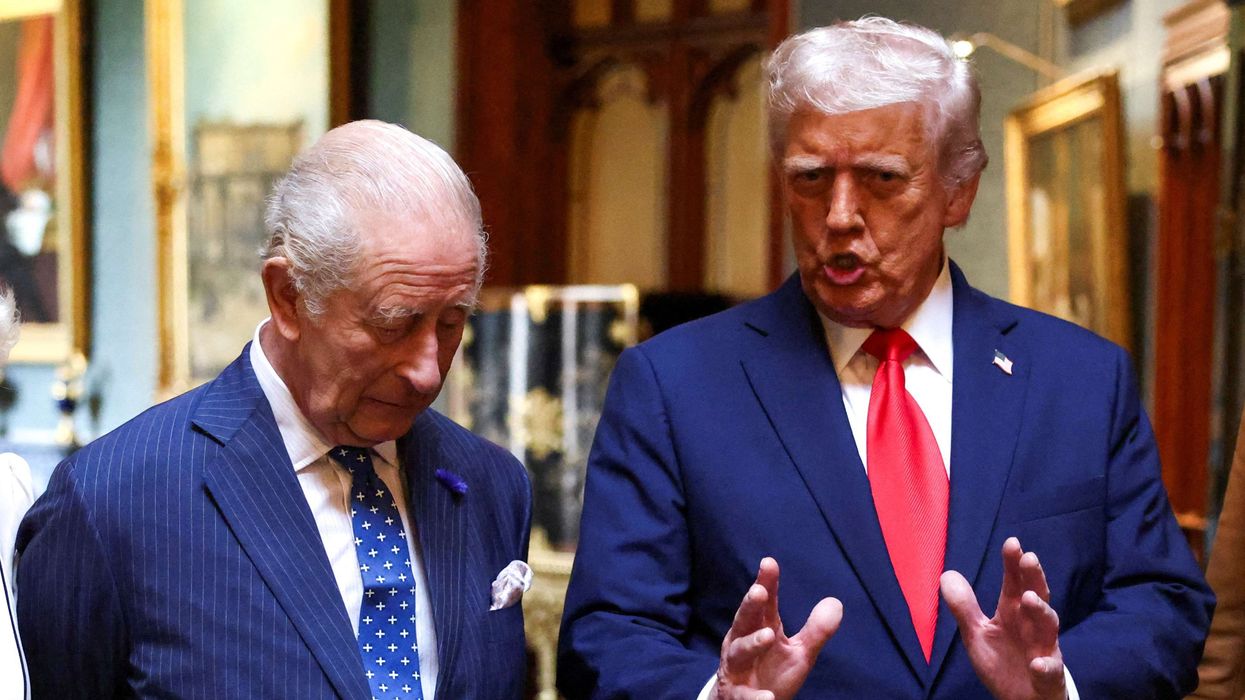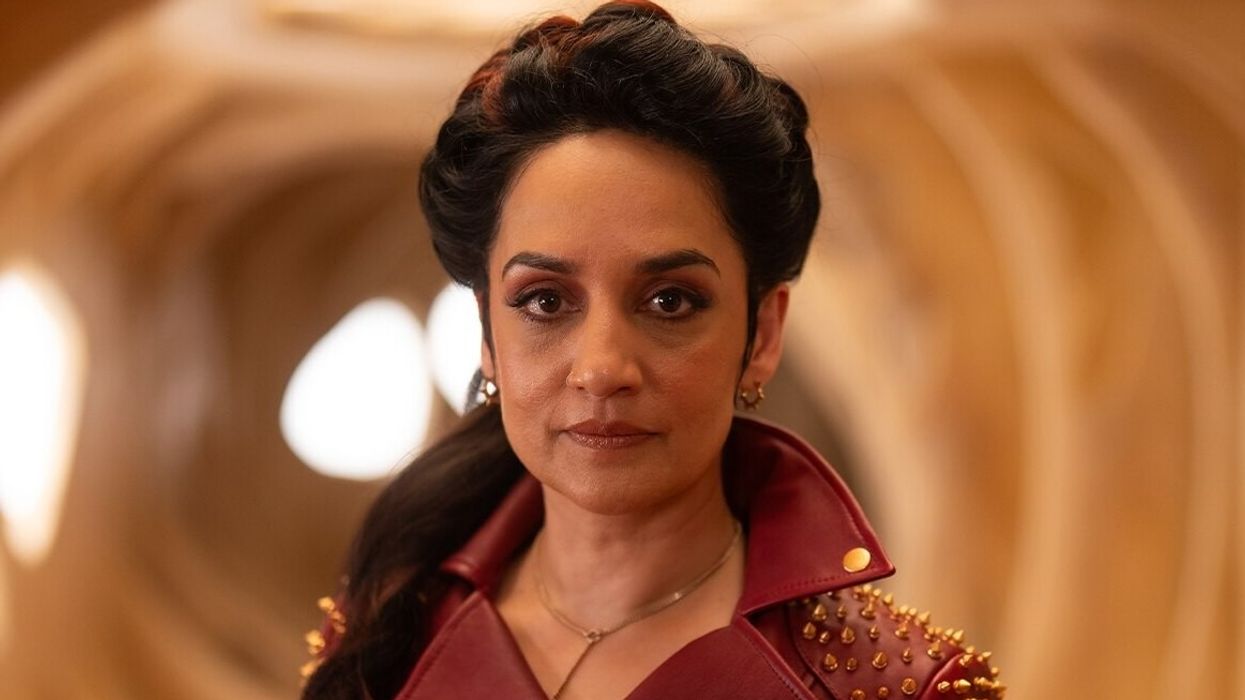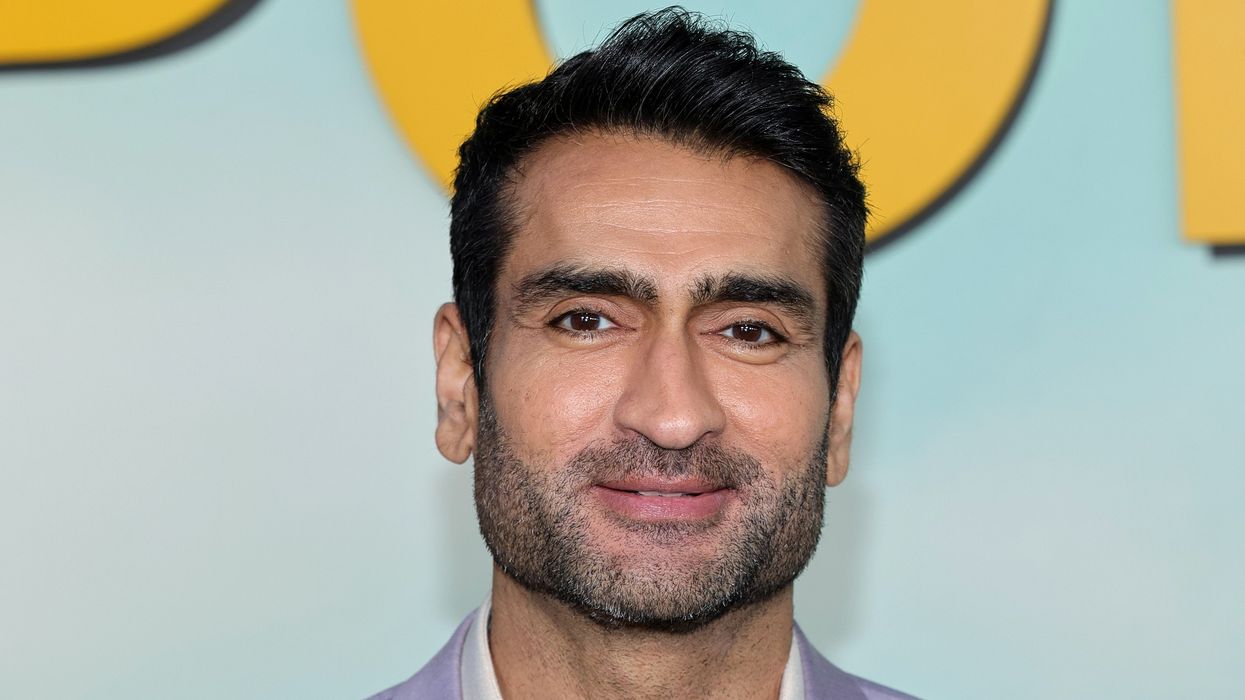BABIL MELTDOWN
Actor babil khan recently had a public breakdown on instagram, sharing a concerning video that was later deleted. those close to the 27-year-old son of the late star irrfan khan have since said he is doing fine. however, the incident highlights the urgent need to take mental health more seriously across all areas of society, including among high-profile figures in the film industry. it also serves as a reminder that anyone who is struggling should be encouraged to reach out for help.

POOR ADVERT
It was recently revealed that, in terms of brand endorsements, Ananya Panday is one of the most visible celebrities on Indian television. The fact that an actress with limited talent and an underwhelming film record has become a go-to face for advertisers reflects the current state of popular culture in India. While she cannot be faulted for making the most of these opportunities, one would hope that those investing in such campaigns could find more compelling representatives to promote their products.

FILM FESTIVAL HERO
The annual UK Asian Film Festival delivered a vibrant 27th edition with another action-packed programme celebrating cinema. Founder and festival director Dr Pushpinder Chowdhry deserves particular praise for being the driving force from day one and providing a valuable international platform to filmmakers from around the world.
The great British champion told me the festival’s strong ethos has always inspired the dedicated team to use their platform to challenge norms, build empathy and bring communities together. She explained: “The festival themes have always focused on the universal search for identity, connection, and purpose. The films and events we select include stories of displaced immigrants, quests for love, and negotiations between heritage and modern life.
The festival has received strong support from dedicated individuals, communities, and businesses, who believed in our work, reinforcing the idea that storytelling remains a vital force for unity in a divided world. “In an era marked by fear and division, the festival’s programming emphasised that it is not people we should fear, but the forces that seek to silence or divide us.”
SOCIAL MEDIA SUICIDE
One of the most damaging effects of social media influencers is the way they can create unrealistic expectations for young people, including follower counts. Tragically, this pressure recently contributed to the suicide of content creator Misha Agrawal, just two days before her 25th birthday.
Despite building a solid brand and a strong following on Instagram, the founder of Misha Cosmetics reportedly took her own life after falling short of reaching one million followers. This is heartbreaking when you consider that many public figures have large numbers of fake followers. Her death serves as a stark reminder that much more needs to be done to safeguard the mental health of those consumed by online validation.
If you are struggling, help is available. Samaritans offers free, confidential support 24 hours a day on 116 123 or via email at jo@samaritans.org.
PERMISSION TO RETURN
There is another chance to catch the acclaimed theatre production Permission, which had its UK premiere last year. The multi-layered story, which moves between a Heathrow immigration line and a rooftop in Karachi, will be staged at Tara Theatre in London from May 30 to June 7. Writer Hunia Chawla said the play, starring Rea Malhotra Mukhtyar and Anisa Butt, “will make you think, laugh and cry at the same time.”

BOLLYWOOD’S BAD EXCUSE
It seems as if those connected to Hindi cinema are shamelessly using the current conflict between India and Pakistan to save face.
The recent Bollywood concert headlined by Salman Khan and Madhuri Dixit was cancelled with the Kashmir terror attack cited as the reason – though it was more likely due to poor ticket sales.
Similarly, the last-minute cancellation of Bhool Chuk Maaf, starring Rajkummar Rao, was blamed on cross-border tensions. In reality, this time-loop comedy had generated little buzz or advance interest and seemed destined to flop. Producers had planned to quietly shift the film to a streaming platform, but cinema owners in India took the matter to court, forcing a theatrical release this week. When the film inevitably fails, it may only confirm what many suspected from the start.
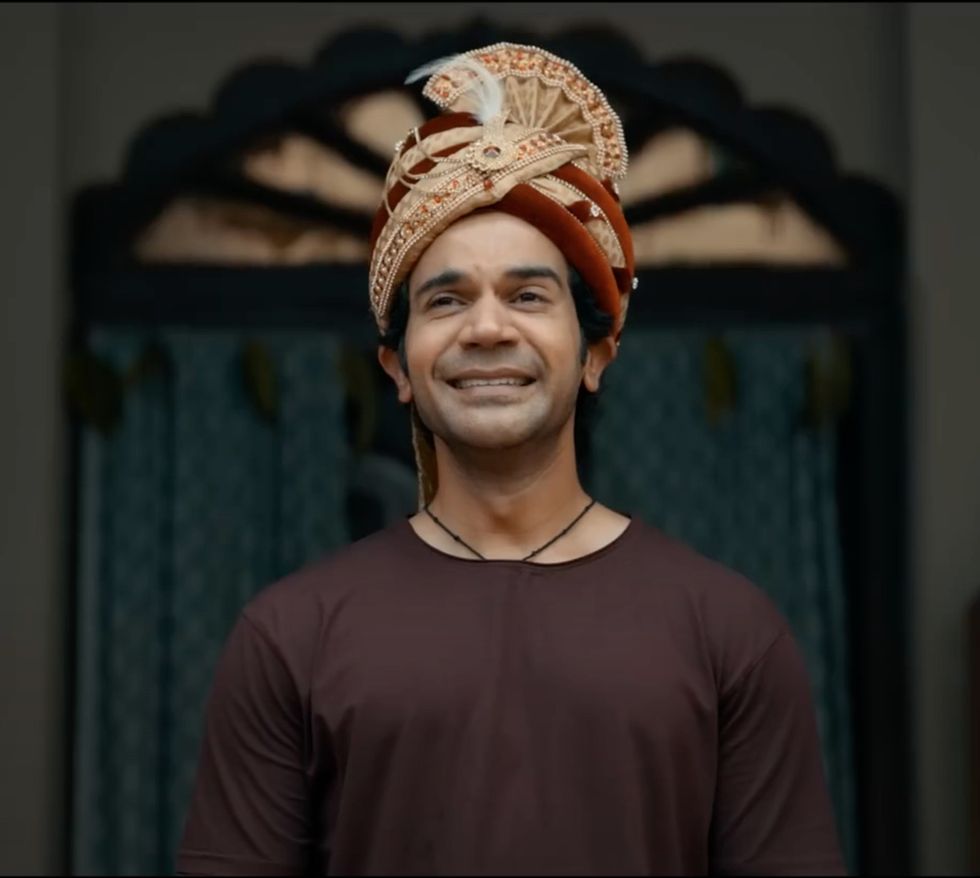
STORY OF A DREAM TEAM
One of this year’s standout music collaborations is between internationally renowned Norwegian music producer Alan Walker and rapidly rising Indian hip hop star King. Their newly released, genre-defying track Story of A Bird is a powerful dance-pop anthem described as a global creative rallying cry. The fusion of Walker’s signature atmospheric EDM production with King’s raw lyricism resonates strongly with a new generation on the rise. These self-made music stars have bridged cultures and sounds, while celebrating the unstoppable spirit of those who dare to dream.

MAGNIFICENT MARK
The recently released season five of comedy series Man Like Mobeen is packed with hilarious moments from start to finish, thanks to its marvellous characters and strong performances. While co-creator Guz Khan is brilliant in the title role, the standout star is once again Mark Silcox, who shines in his superb supporting role as Uncle Shady. He owns every scene he appears in with his deadpan delivery and is so good that a spin-off series – or even a movie – centred on him would be entirely justified. The full season is now available on BBC iPlayer and is well worth watching.
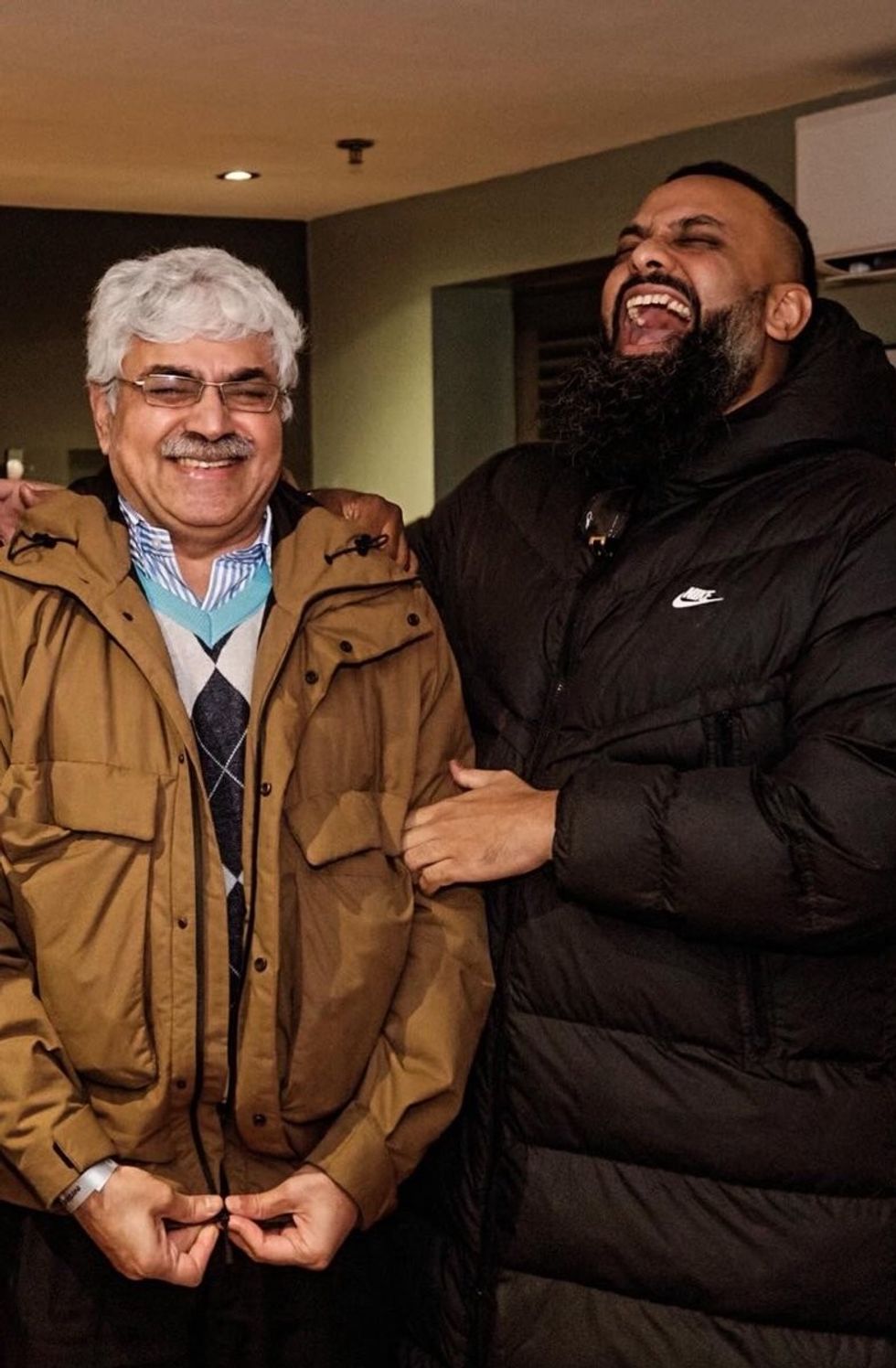
MESMERISING MANASI MANASI
Manasi Ghosh showed exactly why she recently won Indian Idol 15 with stunning performances during her recent UK concerts.
Touring with fellow finalists Anirudh Suswaram and Sneha Shankar, the wonderfully talented singer swept across the stage like a tornado, delivering a terrific range of tracks. Her performance was perfectly complemented by strong stage presence and a charming personality that instantly endeared her to audiences. It is no surprise that this versatile singer won the long-running music reality show and if this UK tour, organised by Rock On Music, is anything to go by, she has a spectacular future ahead.HIRAN’S HAMLET HURRAH
Hiran Abeysekera has quietly but powerfully established himself as one of the most compelling stage actors of his generation. From his Olivier Award-winning turn in Life of Pi to his recent haunting portrayal of Nathuram Godse in The Father and the Assassin, Abeysekera has brought an intensity, precision and emotional intelligence that continue to captivate audiences.
This autumn, he takes on the demanding title role in Hamlet at the National Theatre’s Lyttelton stage. Few parts test an actor’s range like Shakespeare’s tortured Dane, and few contemporary performers are as well-equipped to take it on. With his gift for balancing vulnerability and charisma, Abeysekera is likely to deliver a Hamlet that feels both deeply human and viscerally modern. This is unlikely to be just another Shakespeare revival, but a potential milestone for one of British theatre’s brightest talents. As his ascent continues, this role may well cement Abeysekera’s place among the greats.


